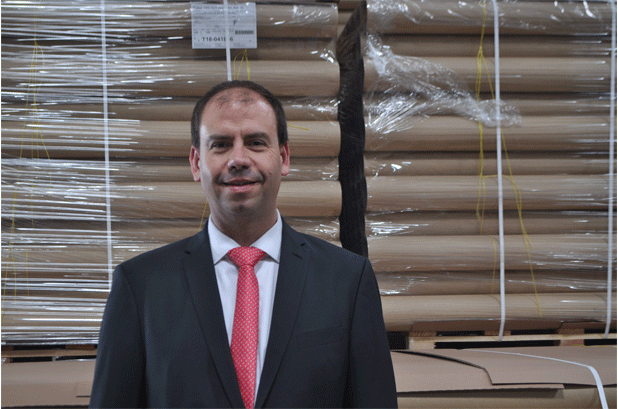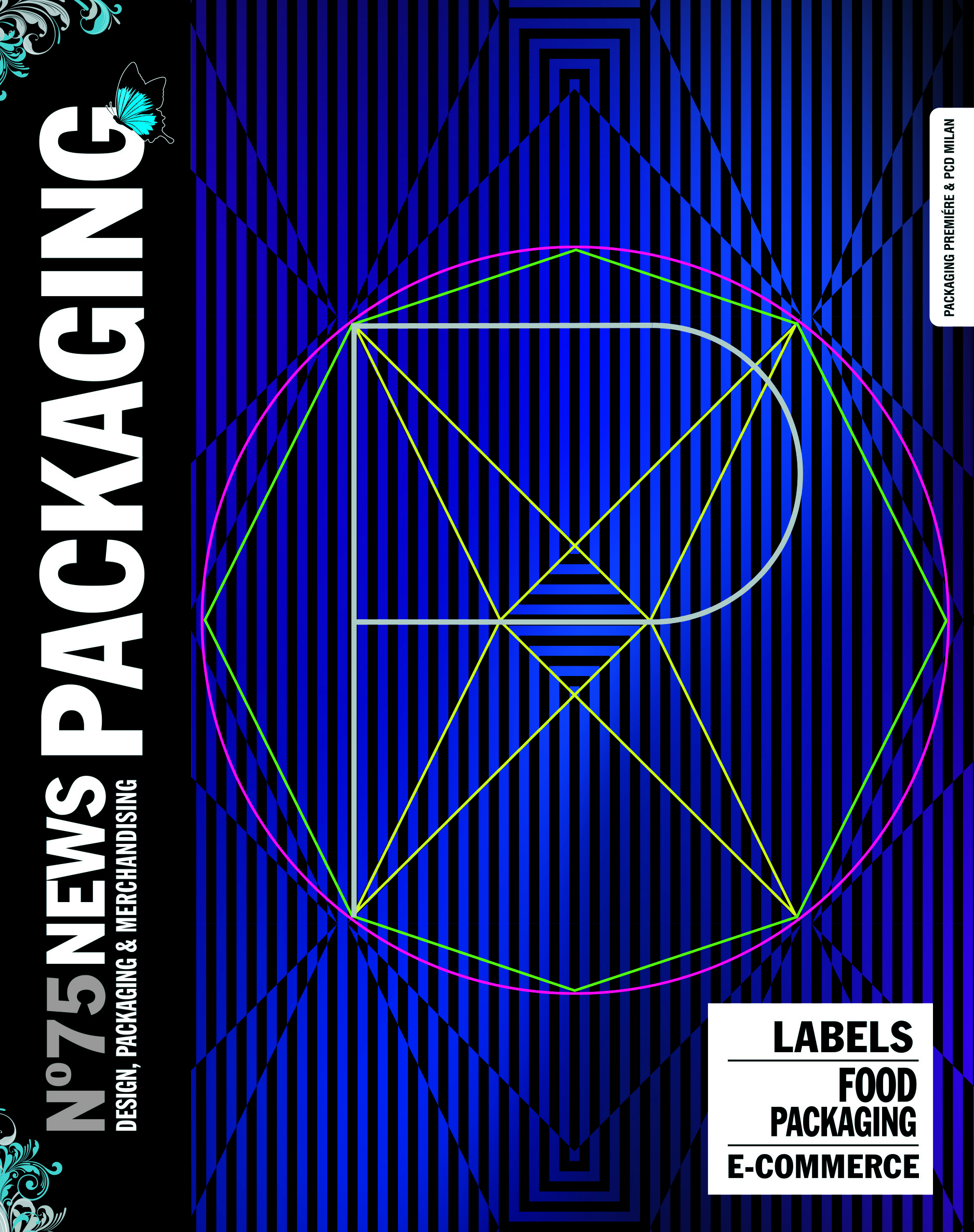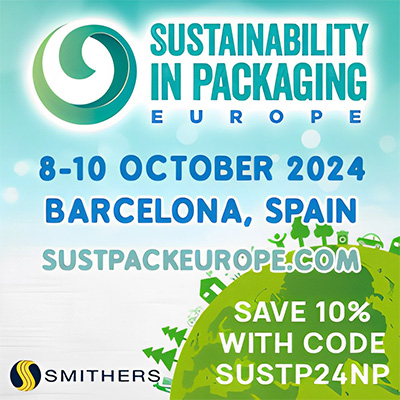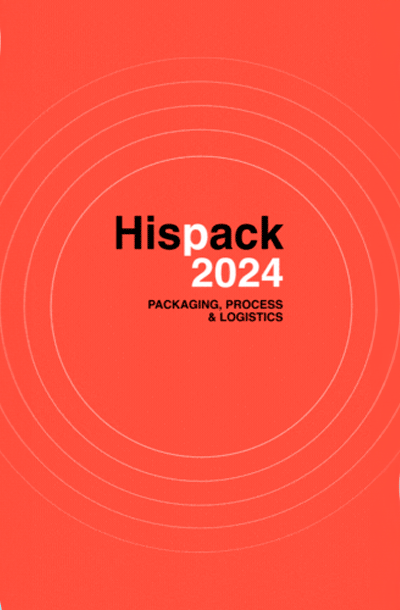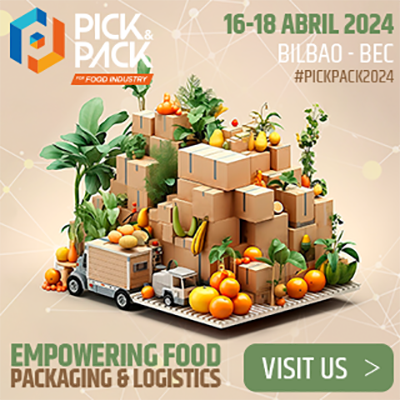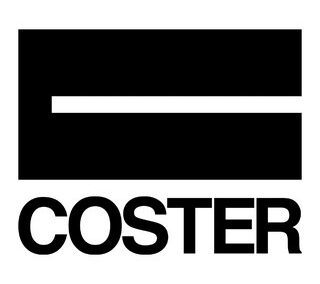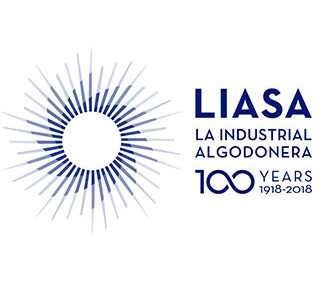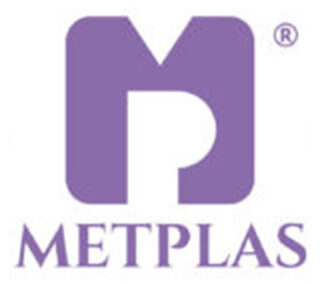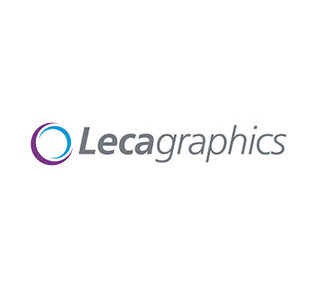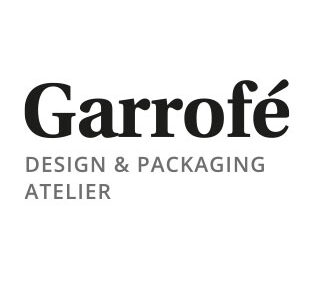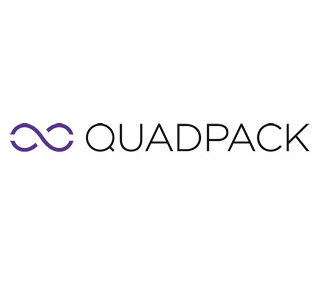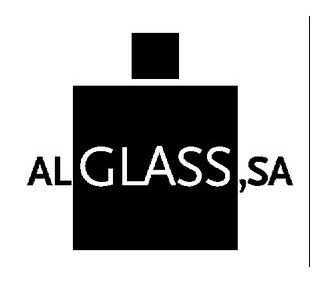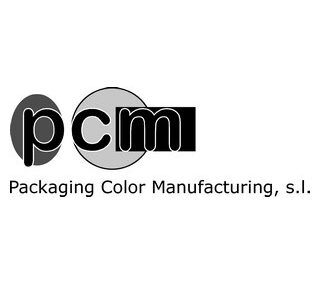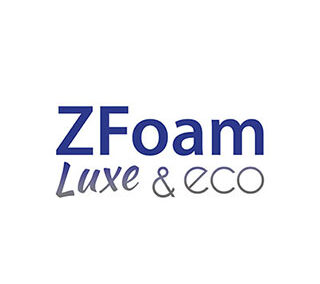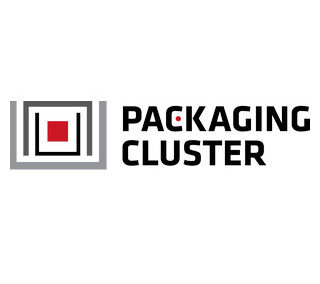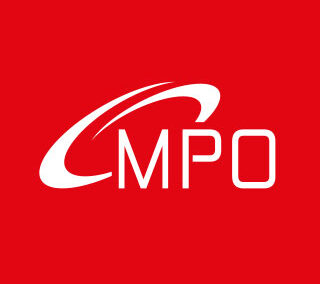Mandriladora Alpesa is a company that manufactures mandrels, tubes, corner pieces, rings and since 2017 cardboard pallets. It has an annual production capacity of 45.000 tons per year, which is the largest manufacturer in the Peninsula.
"It is difficult that the transport of the fruit is not carried out in cardboard"
Alpesa was born in 1991. What evolution of the sector have you noticed in these 28 years? Since 1991 we have seen that the cardboard industry has grown continuously. Not more than 35 years ago, the fruit was transported in wooden boxes. Later it was in plastic and now it is very difficult to find that this transport is not carried out in cardboard. In general, cardboard has experienced a boom in large part because it is a material that meets the requirements of the circular economy, it is versatile, sustainable, resistant and with a low environmental impact. A new path was also opened for the sector with the increase in electronic commerce. And the products that are derived from cardboard, such as our tubes and corner pieces, have also undergone an evolution during these years due to these same characteristics. Finally, we see that there is a concern in the market to reduce or replace wooden and / or plastic packaging and containers with cardboard and a very important opportunity opens up for the sector and for us in particular when we can develop our new product Upalet, the pallet of cardboard and the rest of products derived from it.
What characteristics should products intended for food packaging have? The fundamental requirement is that they comply with the safety regulations and agri-food controls stipulated by the legislation. What is desirable in a packaging of these characteristics is that it be recyclable and that it meets the sustainability criteria.
How does Alpesa contribute to a more sustainable packaging? Our mandrels, tubes and end bits are made from 100% recycled cardboard, they are recyclable and biodegradable. Its raw material, once it is used, can be recycled and in this way we add value and sustainability to the logistics chain. We are sustainable because a third independent entity such as the Sustainable Production Institute (IPS) certifies our sustainability, not only in our products but also as a company, and legitimizes that Alpesa's activity is sustainable on a social, economic and environmental level. Since 2017 Alpesa has been, together with 13 other entities, a founding member of CE / R + S (Club of Responsible and Sustainable Companies).
What perspectives did they have on their training? In the first place, to participate first-hand in the formation of an entity that would lead CSR in the Valencian Community, since our company had many concerns in this regard. And at the level of the Valencian Community this did not exist. In this sense, this association is made by companies and to encourage the participation of other companies. Second, increase Alpesa's reputation in CSR matters. Third, to become a national benchmark in CSR through this association, since we thought that participation in this entity was a good way to develop CSR internally and to bring it together. We have named and ordered all the CSR actions that we were already doing in order to present our first sustainability report in 2020. Our goal is for Sustainability and CSR to be the backbone of Alpesa and that it reaches from management to suppliers and customers. And be an added value to our company.
Have the objectives been met? I think that in these first years of the CE / R + S life many have been fulfilled. The CE / R + S is, at the moment, the consultative body on CSR issues of the Generalitat Valenciana. We direct the Business Social Responsibility Work Commission of the Valencian Community (CEV). In this same sense, an entity with the characteristics of Foretica has also become part of the CE / R + S. And the CE / R + S is within the new CSR commission that the CEOE has created.
What is your assessment of the end of 2018? The 2018 financial year has gone according to the perspectives we had foreseen. The year closed with a turnover of 26 million euros and an increase of 8% was achieved compared to the previous year, which were the forecasts we had set for ourselves.

